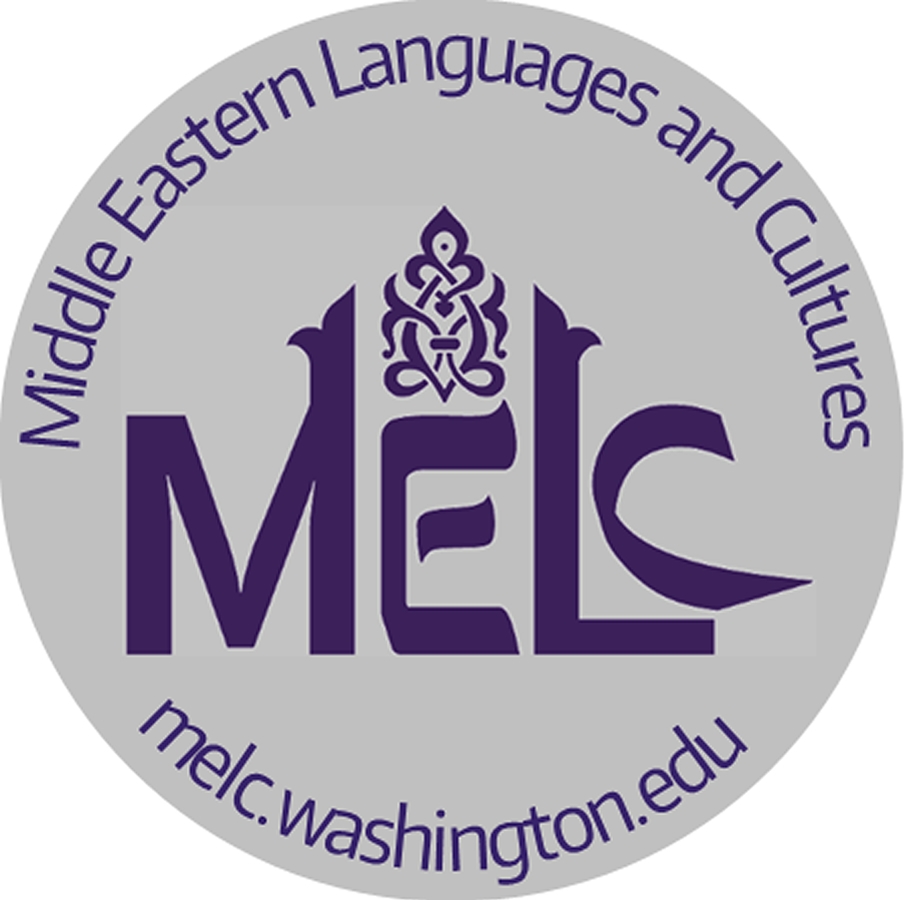February may be the shortest month, but there is still plenty of time to submit to contests with a deadline of February 28. Prizes include $5,500 for a poetry collection and a story collection, $5,000 for a single work of prose characterized by “daring formal and aesthetic innovations,” and $2,500 for a self-published poetry e-book and a fiction e-book by an African American writer. All awards have a cash prize of $1,000 or more. Go forth and prosper, writers!
Association of Writers & Writing Programs
Award Series
Two prizes of $5,500 each and publication by a participating press are given annually for a poetry collection and a story collection. In addition, two prizes of $2,500 each and publication by a participating press are given annually for a novel and a book of creative nonfiction. For the Donald Hall Prize for Poetry, the University of Pittsburgh Press will publish the winning collection. For the Grace Paley Prize for Short Fiction, Red Hen Press will publish the winning collection. For the AWP Prize for the Novel, the University of Nebraska Press will publish the winning novel. For the Sue William Silverman Prize for Creative Nonfiction, the University of Georgia Press will publish the winning book. Entry fee: $30 ($20 for AWP members).
Austin Community College
Balcones Prizes
Two prizes of $1,500 each are given annually for a poetry collection and a book of fiction published during the previous year. Translated works are also eligible. Entry fee: $25 for poetry and $30 for fiction.
Black Caucus of the American Library Association
Self-Publishing Literary Awards
Two prizes of $2,500 each are given annually for a poetry e-book and a fiction e-book by an African American writer self-published in the United States during the previous year. The awards honor books that depict “cultural, historical, and sociopolitical aspects of the Black Diaspora.” Entry fee: none.
Chautauqua Institution
Chautauqua Janus Prize
A prize of $5,000 and publication in Chautauqua is given annually for a single work of fiction or nonfiction by an emerging writer displaying “daring formal and aesthetic innovations that upset and reorder readers’ imaginations.” The winner will also give a lecture during the summer 2023 season of the Chautauqua Institution. Writers who have not published a book of over 15,000 words and/or 100 pages in any prose genre are eligible. Entry fee: $20.
Fish Publishing
Flash Fiction Prize
A prize of €1,000 (approximately $1,035) and publication in the Fish Publishing anthology is given annually for a short short story. The winner is also invited to give a reading at the West Cork Literary Festival in July 2023. Kit de Waal will judge. Entry fee: $14.
Minds Shine Bright
Confidence Competition
A prize of $1,600 AUD (approximately $1,031) and publication in the Confidence Minds Shine Bright anthology will be given annually for works of poetry or fiction exploring the theme of confidence. Entry fee: $3.
Omnidawn Publishing
First/Second Poetry Book Contest
A prize of $3,000, publication by Omnidawn Publishing, and 20 author copies is given annually for a first or second poetry collection. Sawako Nakayasu will judge. Entry fee: $35.
Poetry Northwest
James Welch Prize for Indigenous Poets
Two prizes of $1,000 each and publication in Poetry Northwest are given annually for a single poem by an Indigenous poet. The winners will also receive an all-expenses-paid trip to read with the judge in the fall of 2023. Writers who have published no more than one full-length book and who are community-recognized members of tribal nations within the United States and its territories are eligible. Heid E. Erdrich will judge. Entry fee: none.
Red Hen Press
Women’s Prose Prize
A prize of $1,000 and publication by Red Hen Press is given annually for a book of fiction or nonfiction by a writer who identifies as a woman. Cai Emmons will judge. Entry fee: $25
Tupelo Press
Snowbound Chapbook Award
A prize of $1,000, publication by Tupelo Press, and 25 author copies is given annually for a poetry chapbook. All entries are considered for publication. Entry fee: $25.
Visit the contest websites for complete guidelines, and check out the Grants & Awards database and Submission Calendar for more contests in poetry, fiction, creative nonfiction, and translation.






